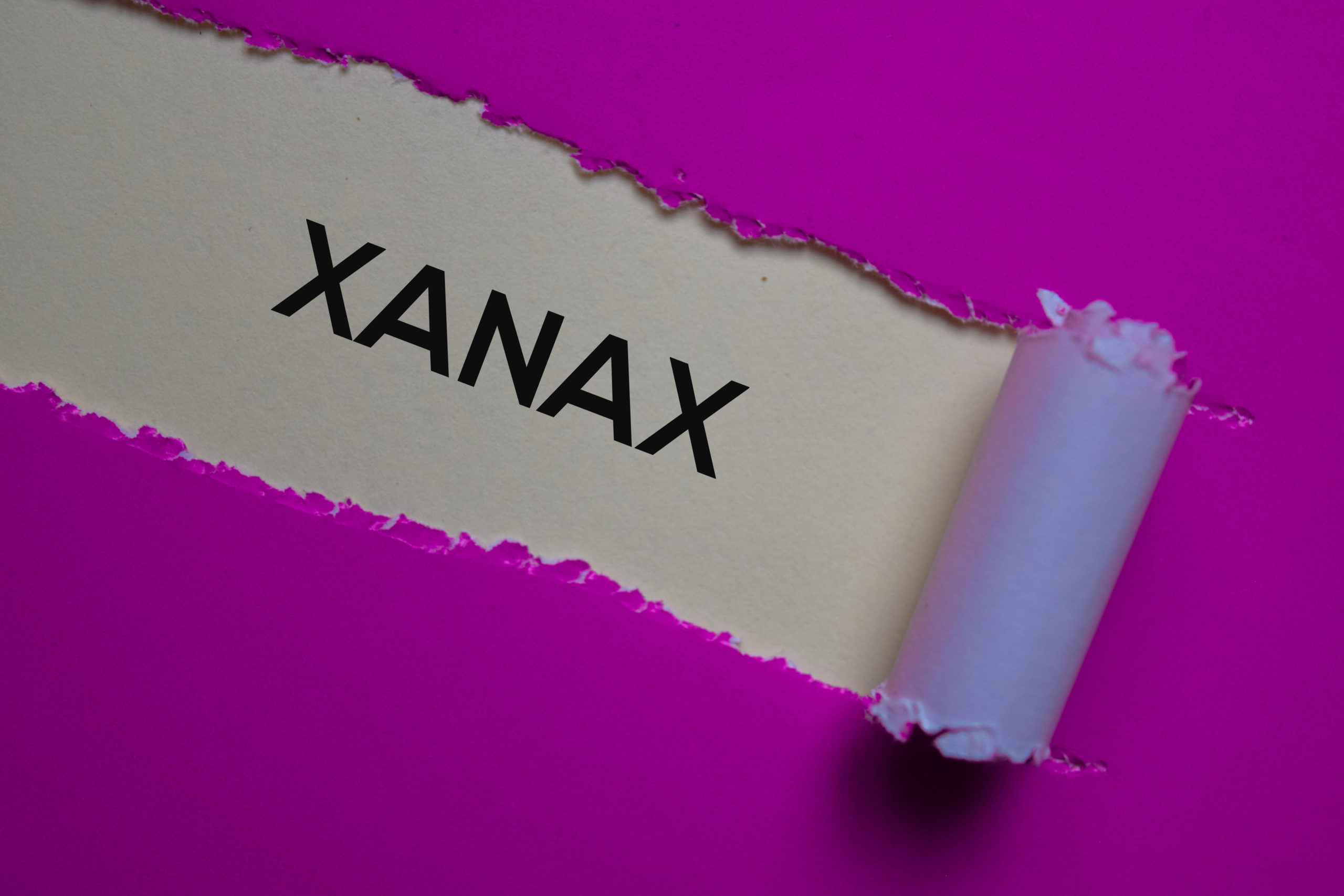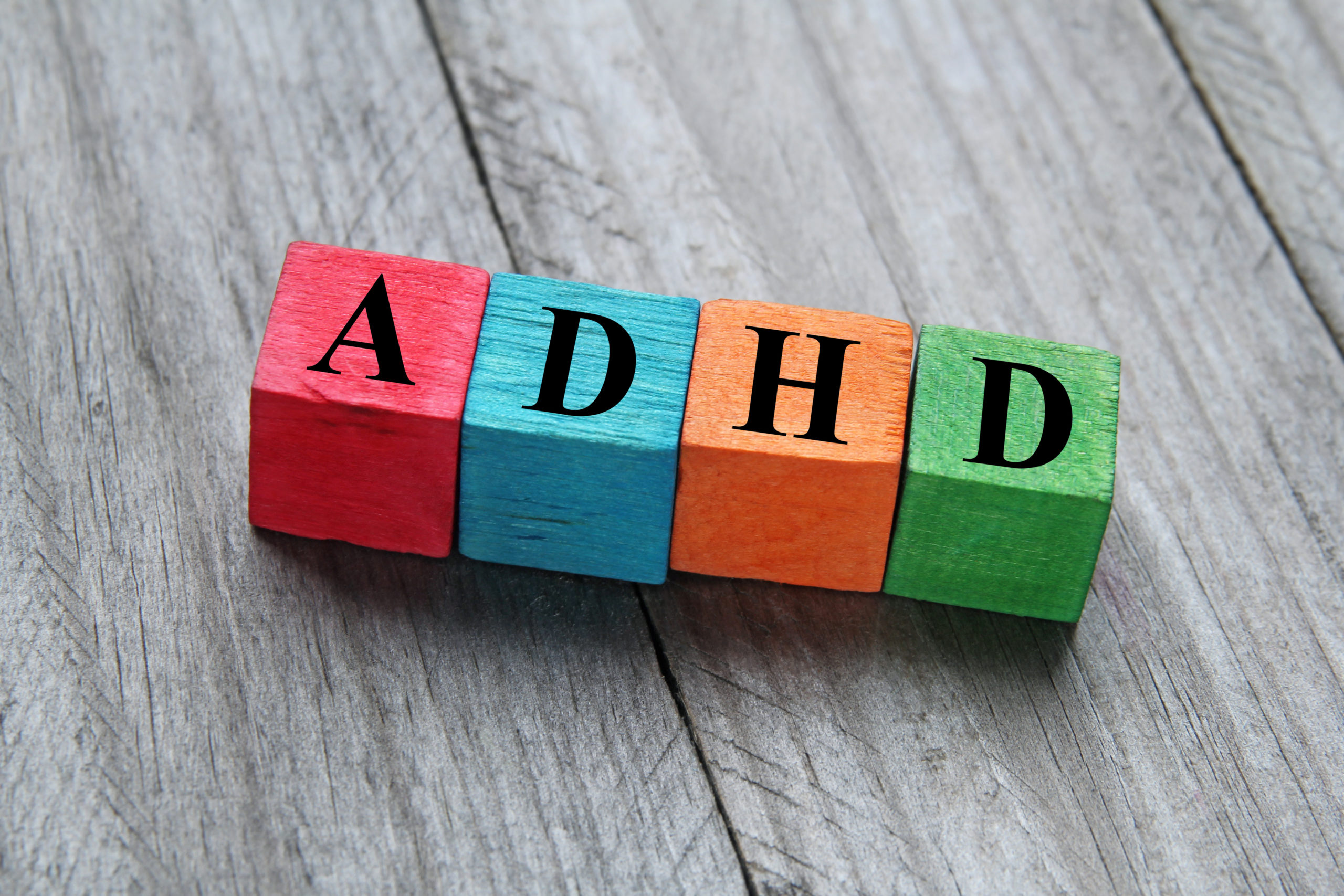Xanax has become more prevalent in recent times, becoming a hot topic in pop culture music and circulating more around the younger, unprescribed crowds. When misused, the drug Xanax can become extremely dangerous and have significant complications. A person who begins to misuse Xanax could become addicted to it quickly, leading to severe issues, such as death.
For those prescribed Xanax, it’s important to recognize the signs of addiction and make sure that you are communicating with people you trust if there is ever an issue. Xanax can be useful in treating you if you are in need, but there are rules to follow to ensure proper use.
What Is Xanax?
Xanax is a drug classified as a benzodiazepine that is often prescribed to help treat panic disorders and anxiety. When consumed, it helps to relax the brain and produces an overall calming effect on your body. Xanax, when appropriately used, can be really helpful in aiding in anxiety and panic attacks, but there is a major warning on its addictive capabilities. Using Xanax that is not prescribed to you can result in addictive and reliant behaviors, resulting in major health-related issues.
Side Effects of Xanax
When you take Xanax, it does not give you a euphoric feeling, but it is meant to relax you. When you take Xanax improperly, it can lead to drowsiness, increased fatigue, memory problems, insomnia, slurred speech, impaired vision, and muscle weakness. It can become dangerous if used when operating vehicles or if you are supposed to charge anything. It limits your ability to function correctly and can be very debilitating if you develop an addiction to it.
Other side effects include:
- Vomiting and nausea
- Diarrhea
- Sweating
- Trouble concentrating
- Increased irritability
How Addictive Can Xanax Be?
If you are using Xanax over a very long period of time, it can become highly addictive. Like other benzodiazepines, Xanax carries a high risk of becoming addicted to it as long-term use lessens its effect on you. Once you build up a tolerance to the drug, your body will need more of it to achieve the same level of calmness.
Xanax is one of the most prescribed psychiatric medications in the United States, making it easily accessible. It can be easily prescribed to those who have panic disorders, and if it ends up in the wrong hands, it could be misused. People will go to great lengths to achieve the same feeling that Xanax brings.
Signs of Xanax Misuse
If you aren’t sure whether or not a loved one is misusing Xanax, there are a few signs that can help to tell. Of course, it might be easier to tell if they are struggling if you know that they are prescribed it, as some people will just buy Xanax off of others without a prescription. Some signs that someone is misusing Xanax are:
- Obsessing over obtaining Xanax and being in control of the substance at all times.
- Loss of interest in activities they once loved.
- Continued use after the need for using it is over.
- They are acting confused, are extremely tired, or are not making sense.
- If they use Xanax and drive at the same time.
People are putting themselves and others in danger when they misuse Xanax, and regardless of a prescription or not, it should be taken properly to avoid potential risks and harm to others.
Risks of Using Xanax
If you have prescribed Xanax, you need to make sure that you are taking the proper amount and following the directions on how to take it. It’s possible to develop a dependency and if you misuse the prescription by not following the procedure, you can then gain a tolerance to the drug. Misuse can happen if you take more than the amount you are prescribed or begin to mix it with other drugs to feel the effects.
If you have not prescribed Xanax and find yourself taking it, multiple pathways could bring you to addiction. This typically happens in a setting where the point is to become high and feel the effects of various drugs; it’s not usually taken with the hopes that it will help your anxiety. First, using an unprescribed stimulant is never a good idea. Second, mixing drugs that you aren’t aware of the reactions to can lead to negative side effects, including overdose.
The Road to Recovery
Trying to recover from Xanax dependency can be hard and make you feel alone. We here at Soba Recovery understand that there is nothing scarier than thinking that you are alone, and when you struggle with addiction, being alone is the last thing you want.
Asking for help is the first step towards recovery. You have to reduce the amount of Xanax that you consume in order to not quit “cold turkey” and experience the withdrawal symptoms. Doing this on your own can be really difficult, as you will crave more of the drug, and it can be hard to overpower that craving. Recovery centers are made to help you overcome the addiction in a protected and safe environment by providing multiple treatment options, so you won’t feel alone, and you will have access to trained medical professionals.
Detoxification
As mentioned above, the first step is to reduce your Xanax intake and go through a detoxification process. This will help you to wash out all the drugs in your system and start fresh. This process can be taxing when done alone, so you will be in the best hands with our services.
Inpatient
We also offer those that have gone through detoxification the ability to join our inpatient programs. These programs help you to enter back into normal life and rejoin society. You receive therapy, both cognitive and behavioral so that you can prepare yourself for the pressures of relapse outside of the protection of the recovery center.
This is an important process that we offer so that people aren’t shocked when they have to reenter the community and enter spaces that might trigger them. Our goal at Soba Recovery is to set up each patient for success when they leave our premises.
In Conclusion
Fighting a Xanax addiction is hard. It’s easy to get a hold of, it is commonly prescribed to people, and it allows people to relax. While it can be helpful to those who deal with anxiety and panic disorders, the margins for misuse are so small, and it’s easy to build up a tolerance if it’s not used properly.
You are not alone if you are struggling with a Xanax addiction. The best thing for you to do is to reach out to one of our representatives to find out how we can help you. Whether it be inpatient services, outpatient treatment, or just by providing some resources, we want to make this journey easier for you.
Sources:
Alprazolam (Xanax) | National Alliance on Mental Illness





